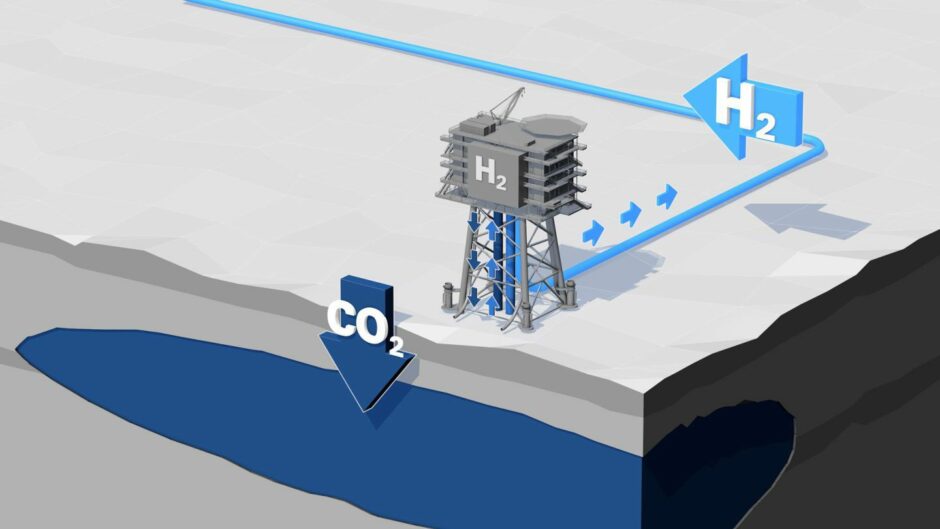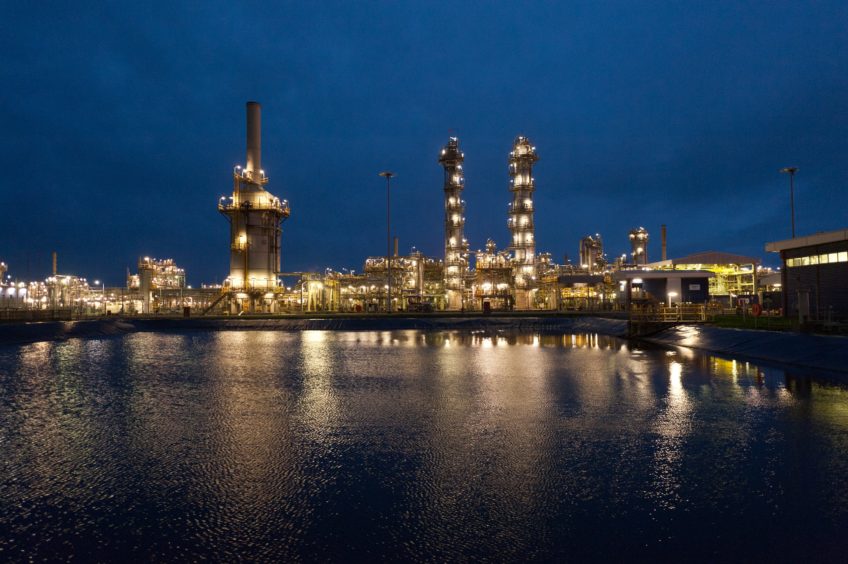
North Sea chiefs challenged industry to change public perceptions around carbon capture and storage (CCS) during an OEUK event in Aberdeen on Tuesday.
Speaking at the trade body’s first dedicated CCS business breakfast, bosses from the likes of Storegga, Harbour Energy (LON: HBR) and Wood (LON: WG) said there is still work to be done to prove that the decarbonisation technology is not “greenwashing”.
In order to win round certain quarters, there were calls for firms to “engage with the wider public” and justify the need for carbon abatement as part of the energy transition.
As the name implies, CCS involves bagging emissions – that would otherwise have been released into the atmosphere – and permanently locking them away, usually in depleted reservoirs.
It is generally considered to be a prerequisite for net zero, providing a means to decarbonise heavy industry, and a number of projects aiming to store carbon below the North Sea are on the go.
However, there is a degree of opposition to the development of CCS, partly due to the technology’s beginnings as a means for boosting oil and gas extraction.
Steve Cox, Harbour’s EVP HSES for net zero and ccs, said: “We need to start engaging with wider public perception around CCS, in that there is still some sentiment around it being greenwashing, and being used to allow for the continued production of oil and gas. The rhetoric and the analysis needs to change.
“The hard to abate industries that we have in this country – manufacturing, steel, cement, glass – requires us to be able to store carbon cost-effectively. That is something that hasn’t really gotten into the public consciousness yet. CCS is still seen as the ability to continue to produce gas to create electricity.”
On top of its role as a decarbonisation solution, CCS is expected to provide thousands of jobs, many of which will be filled by oil and gas workers as the sector declines.
As more UK projects become operational, there is also an ambition to import emissions from overseas for storage, potentially creating a new market in carbon transport.
Local support for CCS
Much of Scotland’s hopes for net zero by 2045 are pinned on the Acorn project, located at the St Fergus gas plant near Peterhead.
Currently the scheme is waiting on securing government backing as part its ‘Track 2’ funding competition, after it missed out first time around.
Despite opposition to the project from environmental groups, head of subsurface at Storegga, Acorn’s chief developer, Catherine Witt, told the OEUK event that on a local level, the project has enjoyed backing from locals.
She said: “Pale Blue Dot, now Storegga, has put a huge amount into stakeholder and local community engagement – it has been a key part of what we’ve been doing over the last few years along with our partners (Harbour, Shell and North Sea Midstream Partners).
“Acorn has been positively received, on the basis of honest, upfront conversations that we’ve had with locals. It can provide longevity in areas that may not have that without something new coming in, and it’s going to provide a lot of new jobs.”
Recommended for you


 © Supplied by NSTA
© Supplied by NSTA